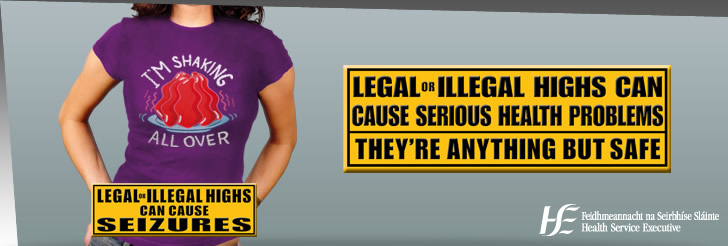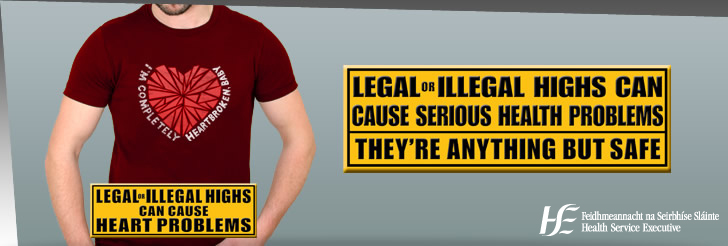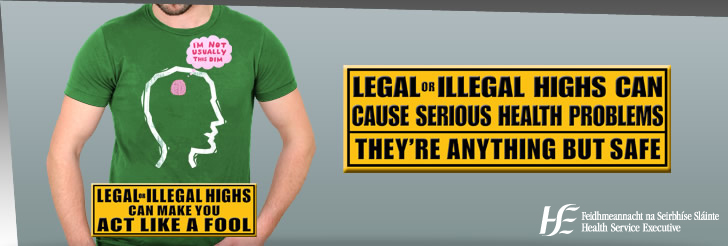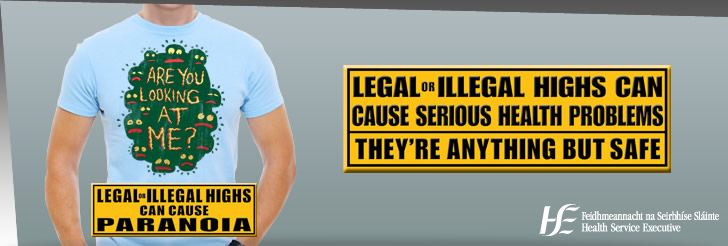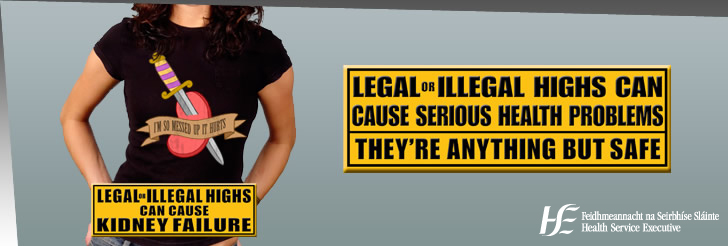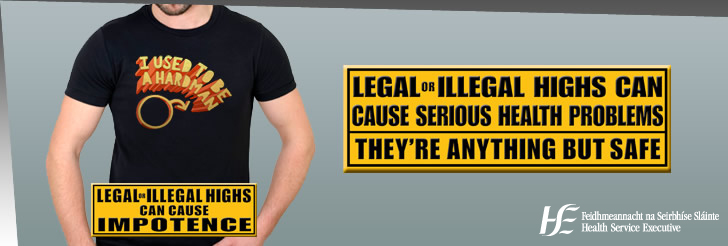HSE Risk Communication - Monitoring Emerging Overdose Situation
The HSE is issuing a risk communication to people who use drugs following a cluster of overdoses in Dublin and the Mid-West.
Analysis by the Emerging Trends Laboratory at the HSE National Drug Treatment Centre has confirmed nitazene in yellow, round counterfeit benzodiazepine tablets associated with these overdoses.
The HSE advises that there is EXTRA RISK at this time and strongly recommends people not to take these tablets.
Professor Eamon Keenan, HSE National Clinical Lead, Addiction Services, said: “We urge extreme caution following a number of overdoses related to counterfeit benzodiazepine tablets.
Preliminary analysis suggests nitazenes, a potent and dangerous synthetic opioid, may be responsible. These pose a substantial risk of overdose, hospitalization, and death.”
Your well-being is important; remember to look after yourself and care for others.
Follow these harm reduction steps to help reduce the risks:
- Avoid taking these tablets, new batches of drugs, new types of drugs or obtaining drugs from new sources due to unknown risks.
- Talk to your local service or doctor about accessing naloxone for free. Naloxone temporarily reverses the effects of opiate-type drugs like heroin, keeping the person alive until emergency services arrive.
- Get medical help immediately if you see signs of overdose. Stay with the person until help arrives.
Due to the concerning rise in overdoses and the risks posed by nitazene-type substances, the HSE is collaborating with various partners, including hospital emergency departments, emergency services, NGO service providers, An Garda Síochána, and laboratories at the National Drug Treatment Centre and Forensic Science Ireland to monitor the situation closely. Ongoing analysis aims to identify the exact composition of the substance.
- Alerts from the HSE on drug trends of concern can be found on the Drugs.ie site here
- Resources and guidelines on synethic opoids can be found on the Drugs.ie site here

